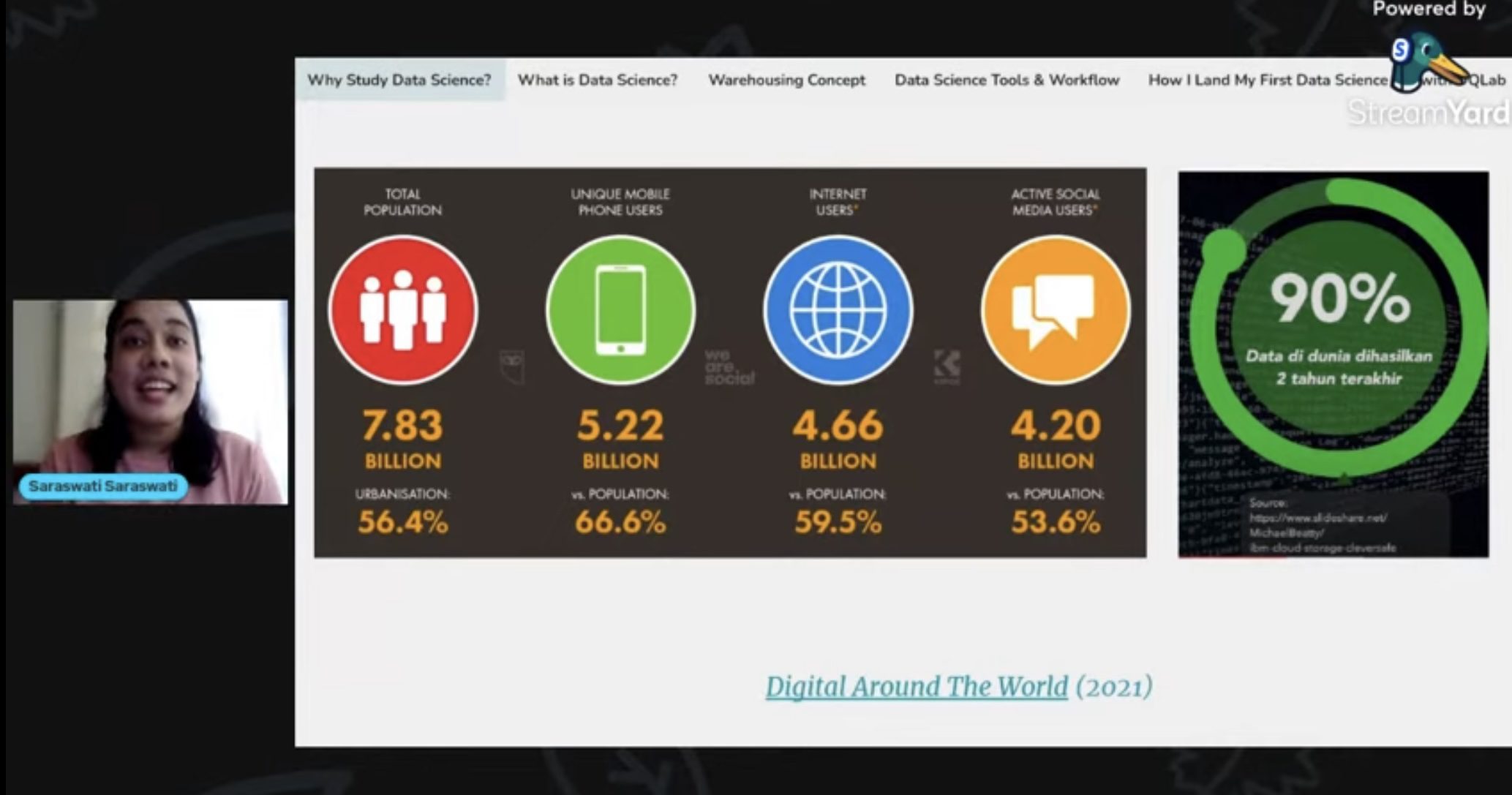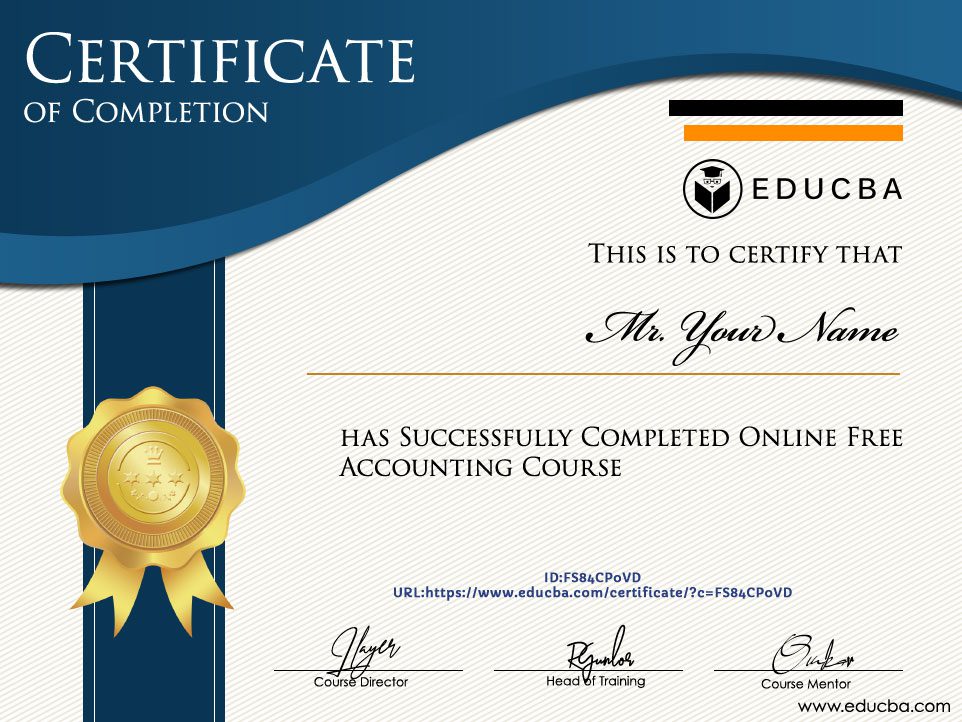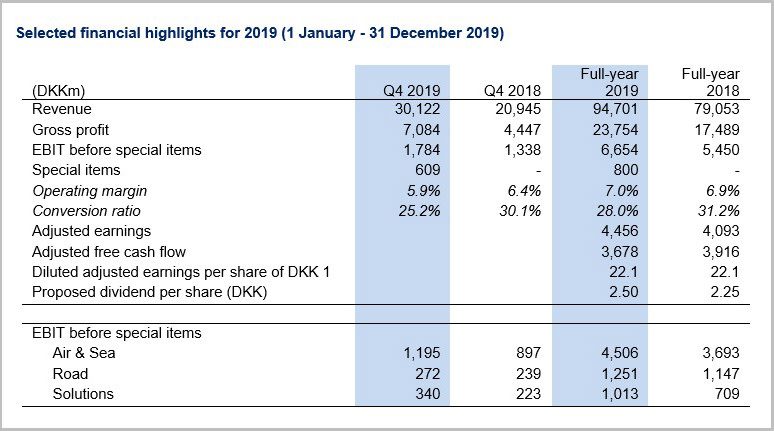
Benefits of Joining a Student Organization in College
November 7, 2022
The Fun of Self-Teaching Data Science, Non-IT Students Can Have a Career in the Data Industry!
November 7, 2022The professions of accountants and auditors are two ideal professions in the accounting field. If you are an accounting graduate, it is not wrong if these two professions can be your reference in pursuing a career in finance. If you look at these two professions, they are often needed in every company to deal with financial problems. One small mistake in numbers can lead to fatal consequences. It is not surprising that the accounting and auditor professions are pursued by accounting graduates.
Moreover, in finance, the accounting and auditor professions are related to each other in their work. An accountant needs to understand auditing just like an auditor must also understand accounting principles because the final process of an audit aims to assess the level of fairness of the management statements to the financial statements. Previously, financial reports were also done by an accountant. So, what are the differences between the accounting and auditor professions? Check out the full explanation by UMN below!
1. Differences in Terms
We start with a very general difference, that is, the terms. The terms accounting and auditing are already familiar to accounting students. Moreover, the courses taught also contain these two terms. Quoting the book “Basics of Accounting” compiled by Al Haryono Jusup, accounting is defined as a discipline that provides information to carry out activities and evaluate an organization’s activities efficiently. The activities carried out in accounting include the process of recording, classifying, summarizing, reporting, and analyzing the financial data of an organization.

Image Source: Unsplash
Auditing can be defined as a process that is carried out systematically and objectively evaluates evidence relating to assertions about economic actions and events to determine the level of compliance of these assertions with predetermined criteria and communicate the results to interested parties. If it is concluded from the two, accounting is more focused on the processing financial records as material for preparing financial statements. While auditing is more about evaluating the financial records/reports that have been made.
Also read: Getting to know the VCD Department and Its Tuition Fees at UMN.
2. The Purpose
Both accountants and auditors have different goals. Accountants aim to record, collect, and report information related to company finances, financial performance, and cash flow in a business. This information will later be used to make economic decisions from assets, debt, and capital. The accountant, as the person in charge of the accounting process, provides information in the form of a report containing the financial position, results of operations, and changes in financial position in accordance with the Generally Accepted Accounting Principles (GAAP).
In contrast, the auditor has other objectives in auditing the financial statements they examine. In this case, the auditor is authorized to obtain a fair value or the appropriateness of the financial report that the company has prepared. In addition, the auditor also provides an opinion on all matters relating to the audited financial statements, starting from the financial position, results of operations, changes in equity, and cash flows in accordance with generally accepted accounting principles in Indonesia.
3. Implementation Standards
In carrying out the accounting process, an accountant must carry out his duties according to applicable application standards. Basically, financial accounting standards are created and compiled by the Indonesian Accounting Association or IAI. There are five applicable financial accounting standards that are widely used by most entities, both private and government institutions—starting from PSAK-IFRS (Statement of Financial Accounting Standards – International Financial Report Standard), which is applied by the Indonesian Accounting Association (IAI) from 2012 to 2021. Then there is SAK-ETAP (Financial Accounting Standards for Entities Without Public Accounting), PSAK -EMKM (Micro, Small, and Medium Entities), PSAK-Syariah (Statement of Sharia Accounting Standards), and SAP (Government Accounting Standards). Each standard is adapted to its needs.
Not to forget, auditors also have their own standards of application. Audit Standards consist of 10 standards divided into three types: General Standards, Field Work Standards, and Reporting Standards. All auditors must follow these three standards during auditing. The General Standards are private because they relate to the requirements and quality of an auditor; the Fieldwork Standards are the standard applied to most auditing processes. Lastly, the Reporting Standards are set out from the guidelines for conducting audit activities.
4. Certification
As mentioned earlier, to become an accountant and auditor, you must go through several stages. One of them is by joining a certification program. The organizers of accounting certification in Indonesia include the National Professional Certification Agency (BNSP), the Indonesian Accounting Association (IAI), and the Indonesian Institute of Certified Public Accountants (IAPI).
In addition, some international institutions or organizations organize certification programs and have received recognition from various countries. Starting from the Institute of Internal Auditors (IIA), Institute for Certified Management Accountants (ICMA), and others. The certifications mentioned are intended for people who work as accountants.

Image Source: Educba
On the other hand, receiving an auditor certification requires a bachelor’s degree and work experience in the field related to internal audit for a minimum of two years. One of the recognized auditor certifications is the CIA. CIA is a certification given to the internal auditor profession and issued by the Institute of Internal Auditors (IAA) in Florida, United States. The exams are usually done online. In Indonesia, the institution that issues this certification is the Internal Audit Education Foundation (YPIA).
5. Work Results
The work of accountants and auditors also has different outputs. An accountant produces financial statements consisting of an income statement, a statement of changes in capital, and a balance sheet. The income statement produces a decision in the form of profit or loss on the owner’s capital. If the company makes a profit, the profit earned becomes part of the company.
Conversely, if the company loses, the owner’s capital will decrease. Then the statement of changes in the capital is a bridge between the income statement and the balance sheet. The balance sheet is the final report on the financial position of the company’s assets, liabilities, debts, capital, and expenses.
Then the work of an auditor is an opinion on the financial statements they have examined. There are five types of audits conducted by the auditors: unqualified opinion, unqualified opinion with an explanatory paragraph (modified unqualified opinion), qualified opinion, adverse opinion, and negative opinion. Each opinion has a different explanation. These five types of audits are also adjusted to the Financial Accounting Standards or SAK applicable in Indonesia.
6. Time Period
The last thing that distinguishes accountants and auditors is the time they do their tasks. Generally, the accounting period is one year, and usually, all companies prepare annual financial statements. The accounting period is usually based on the annual calendar from January 1 to December 31. Many companies also use a fiscal year, i.e., the period ending instead of December 31.
The year-end date used is usually the point at which business activities reach their lowest activity in the period, depending on the type of business. The company also prepares financial statements for the interim period, which is less than one year. These financial reports are usually made monthly and can be combined into reports per semester.

Image Source: Mynewsdesk
While the audit period can be adjusted to the wishes and needs of the company. Most of them choose an annual audit, but some do a quarterly one. The government issued Minister of Finance Regulation No. 17/PMK.01/2008 concerning Public Accountant Services. Article 3, paragraph (1) explains that a public accounting firm may only audit a company for a maximum of 6 consecutive financial years.
Meanwhile, the Public Accountant in the public accounting firm is allowed to audit for a maximum of 3 successive financial years. However, in 2015, the government issued a new regulation governing the change of auditors, namely PP No. 20/2015, concerning the Practice of Public Accountants. PP No. 20/2015 article 11 paragraph (1) explains that public accounting firms are no longer limited to auditing a company. The restriction only applies to Public Accountants for five consecutive financial years.
Also read: Get to know the Business Department and its Job Prospects.
After looking at the differences between the accounting and auditor professions, the two are related to each other. An auditor will check the work performed by the accountant. Likewise, the auditor cannot directly provide an opinion in their report without being supported by accounting basics per applicable principles. If you want to become a professional accountant, you can enroll in the UMN Accounting major. Check out the complete information on the Accounting major at UMN here.
By Reyvan Maulid
English translation by Levina Chrestella Theodora
Kuliah di Jakarta untuk jurusan program studi Informatika | Sistem Informasi | Teknik Komputer | Teknik Elektro | Teknik Fisika | Akuntansi | Manajemen| Komunikasi Strategis | Jurnalistik | Desain Komunikasi Visual | Film dan Animasi | Arsitektur | D3 Perhotelan , di Universitas Multimedia Nusantara. www.umn.ac.id




